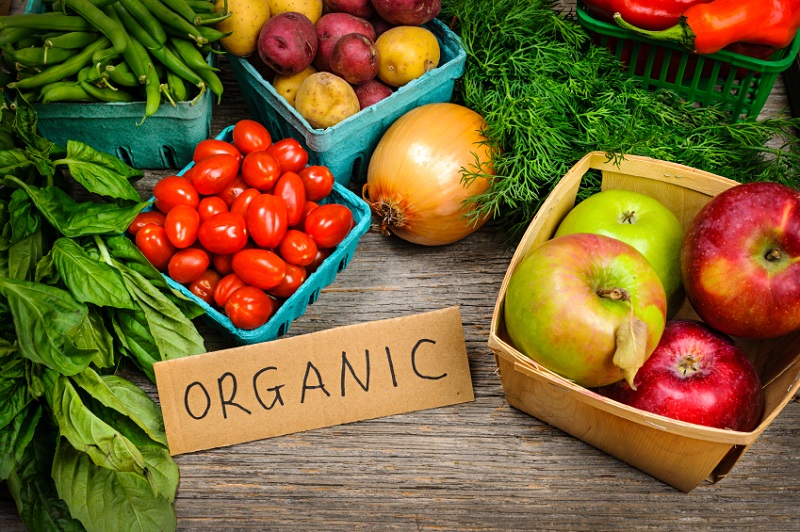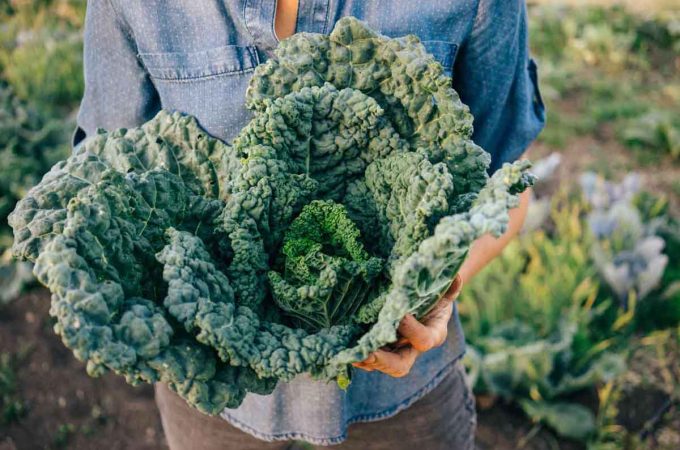
Is Organic Fruit & Veg Better For You?
Looking after your health by making good food choices is one of the most important things in life. Many people wanting the healthiest foods for their families are now choosing organic goods and produce over conventionally grown foods. The demand for organic products in Australia is increasing at a rate of 20-30% per year with 6 out of 10 Australian families purchasing organic goods on a regular basis. But is it worth the additional cost to the weekly household budget?
According to the Stanford University in America, of 250 studies comparing organic fruits, vegetables, grains, poultry, meat and eggs to conventionally grown produce, there was no obvious nutritional benefit to purchasing organic. However, some studies have shown that organic produce have higher phosphorous levels; have higher omega-3 in milk and chicken; and less antibiotic resistant bacteria in organic chicken and pork. Other comparable studies have also shown that organic foods have lower nitrate levels and higher vitamin C and selenium levels. So while the jury is out on which produce is actually nutritionally better, there is no debate when it comes to the chemical burden we place on our bodies when choosing non-organic foods.
The Stanford Uni research paper showed that organic food had 30% lower pesticide residues than conventional foods. (Organic foods are not necessarily completely chemical free due to the potential chemical residues found in the soil from non-organic crops). Would you sit down to dinner tonight and before you take a bite of your meat and three veg spray Round Up over your food?
No, you wouldn’t but that’s basically what is happening if you choose to buy and cook with conventionally grown produce. Herbicides and pesticides like Round Up leave residue on produce that definitely won’t wash off with water. Pesticides have been linked to minor ailments such as headaches and nausea to severe health conditions and disease like endocrine disruption, reproductive disorders and even cancer. Scarily a 2010 study from University of Montreal and Harvard University found that exposure to pesticide residue on fruit and vegetables may double the risk of a child having attention deficit hyperactivity (ADHD).
By going organic you are ensuring that the foods you and your family eat are safer as they are grown without chemical fertilisers or pesticides and animals are not exposed to antibiotics or growth hormones which will not potentially cause disease in our bodies.
Another advantage of going organic is this type of farming is better for our environment with the emphasis on sustainable practices, working in harmony with existing ecosystems and conserving the land with no pollutants entering our soil or water systems. Natural methods are used such as crop rotation and mulching to naturally fertilize and to manage weeds.
Animal welfare is another consideration when choosing organic. Generally, cattle are grass fed and not kept in feed lots and chickens are free range, not caged. Animals are not fed any steroids, antibiotics or hormones to artificially alter their rate of growth.
When buying organic products ALWAYS look for certification. Currently in Australia the term ‘organic’ is not heavily regulated so that many companies can put organic on their labels without adhering to the strict guidelines needed for organic certification and sometimes contain no organic ingredients whatsoever. To ensure your foods are pesticide, herbicide, hormone and antibiotic free always choose a certified brand. Isn’t YOUR health more important than your hip pocket?





